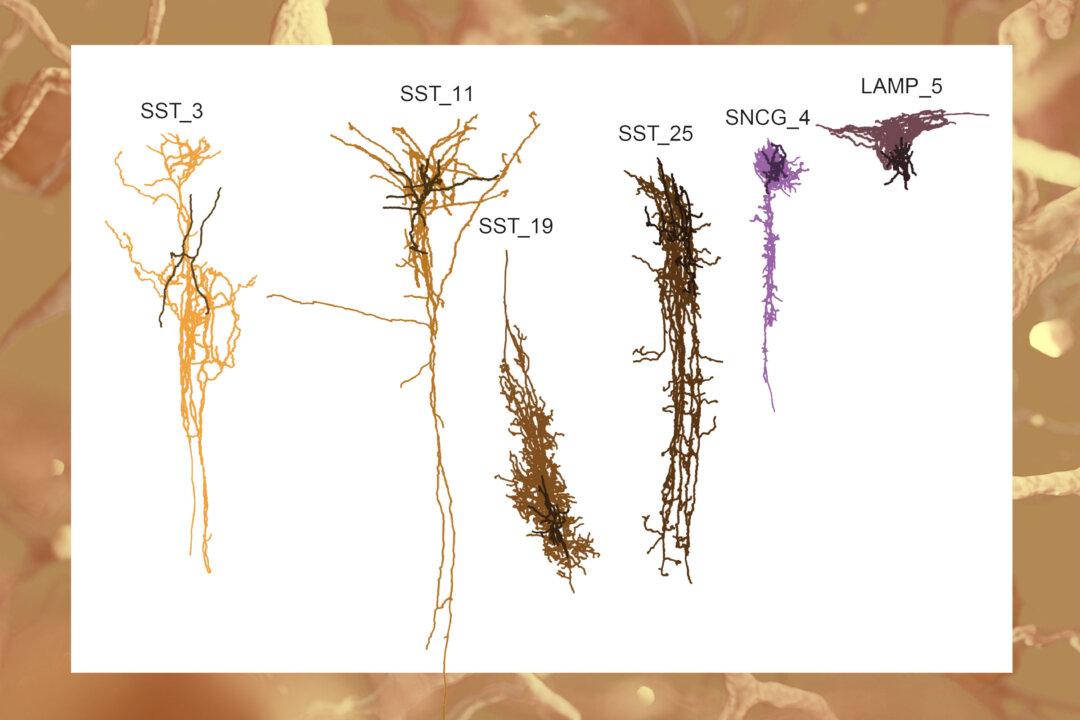Recent advancements in Alzheimer’s disease research show a promising shift in the understanding of the memory-robbing disorder, suggesting that crucial brain changes can occur decades before symptoms manifest. Alzheimer’s disease has a long pre-symptomatic period, with related changes taking place in the brain “10, 15, even 20 years before the onset of memory and thinking symptoms,” Igor Camargo Fontana, Alzheimer’s Association director of scientific conference programming, told The Epoch Times. This research could also open new avenues for earlier detection and targeted treatments.
Researchers have found that the initial phase of Alzheimer’s is insidious, unfolding slowly over time and occurring well before noticeable memory problems arise. During this phase, a gradual buildup of beta-amyloid plaques and tangles—hallmarks of Alzheimer’s—can be observed. This early “quiet” phase is marked by subtle changes in brain cells, particularly inhibitory neurons, which may be among the first to become vulnerable, disrupting communication between brain cells, according to Fontana.
These cells are mostly located in a brain region that is associated with memory, vision, and language. The study suggests that in this later phase of the disease, other cells associated with inflammation—microglia and astrocytes—begin counteracting initial changes by releasing molecules or altering their structures, according to Fontana. The results fundamentally alter scientists’ .


















